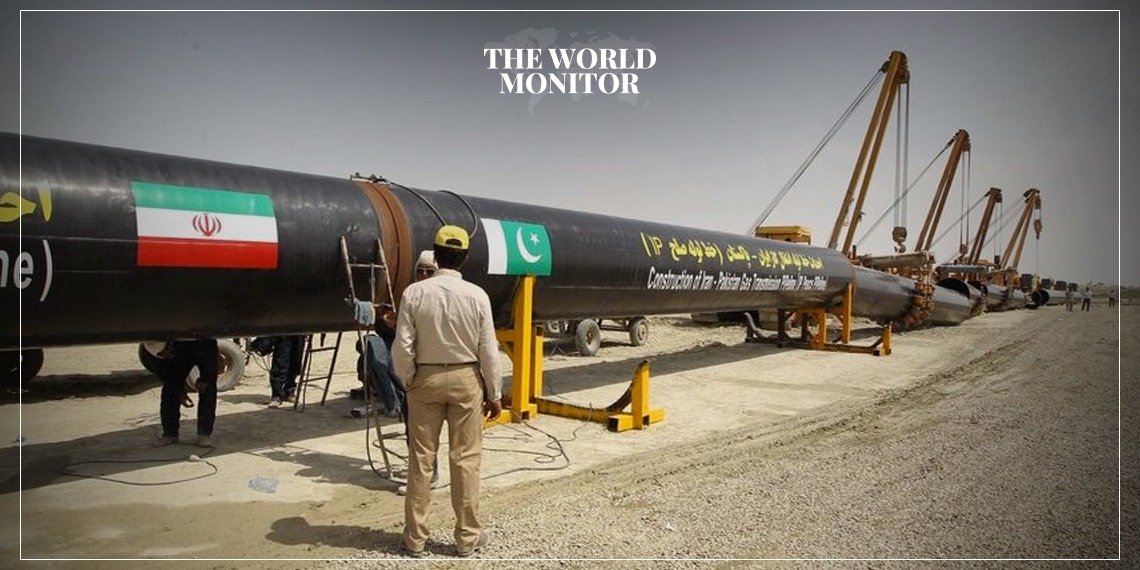Pakistan is set to construct a natural gas pipeline from Iran, a move the South Asian nation deems essential for meeting its energy demands, but one that could also raise concerns among its Western allies.
The Cabinet’s Energy Committee has approved the commencement of an 80-kilometer section of the pipeline, which will span 800 kilometers from the Iranian border to the Pakistani coastal city of Gwadar, utilizing government funding for the project.
Pakistan had hesitated for years to proceed with the pipeline, as investors shied away from supporting the project due to UN sanctions against Iran and restrictions on dollar transactions.
In 2013, the two countries signed a 25-year gas agreement, giving Iran grounds to potentially threaten Islamabad with international legal action.
Pakistan, maintaining close relations with both the United States and Iran, asserts its need for substantial gas supplies to fuel its industry as its domestic resources rapidly deplete.
The share of imported liquefied natural gas in Pakistan’s total supply has risen to 29%.
Earlier this month, a cyberattack disrupted gas stations across Iran and was attributed to a hacking group known for targeting the nation’s government facilities.
The group revealed the technical specifics of their operation on their Telegram channel and issued a warning to the Iranian leadership.
This incident, which affected numerous gas stations in Tehran, was reported by Iranian state TV, though the exact cause remains unconfirmed.
Iran’s Oil Minister Javad Owji earlier informed state TV that about 70% of the country’s gas pumps experienced service disruptions, hinting at potential external interference.
The Fars news agency, affiliated with the IRGC, suggested the disruptions were due to a widespread software glitch impacting gas stations.






